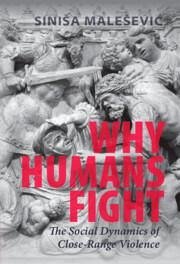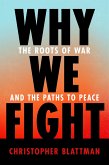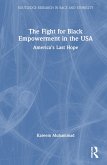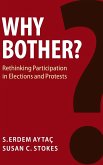"This book offers a novel, sociological, answer to the old age question: 'Why humans fight?'. Instead of focusing on the motivations of solitary individuals Maleéseviâc emphasises the centrality of social and historical contexts that make fighting possible. He argues that fighting is not an individual attribute, but a social phenomenon shaped by one's relationships with other people. Drawing on the recent scholarship across variety of academic disciplines and his own interviews with the former combatants Maleéseviâc shows that one's willingness to fight is a contextual phenomenon shaped by specific ideological and organisational logic. The book explores the role biology, psychology, economics, ideology, and coercion play in one's experience of fighting and emphasises the cultural and historical variability of combativeness. Using numerous historical and contemporary examples from all over the world Maleéseviâc demonstrates how social pugnacity is a relational and contextual phenomenon that possesses autonomous features"--
Hinweis: Dieser Artikel kann nur an eine deutsche Lieferadresse ausgeliefert werden.
Hinweis: Dieser Artikel kann nur an eine deutsche Lieferadresse ausgeliefert werden.









